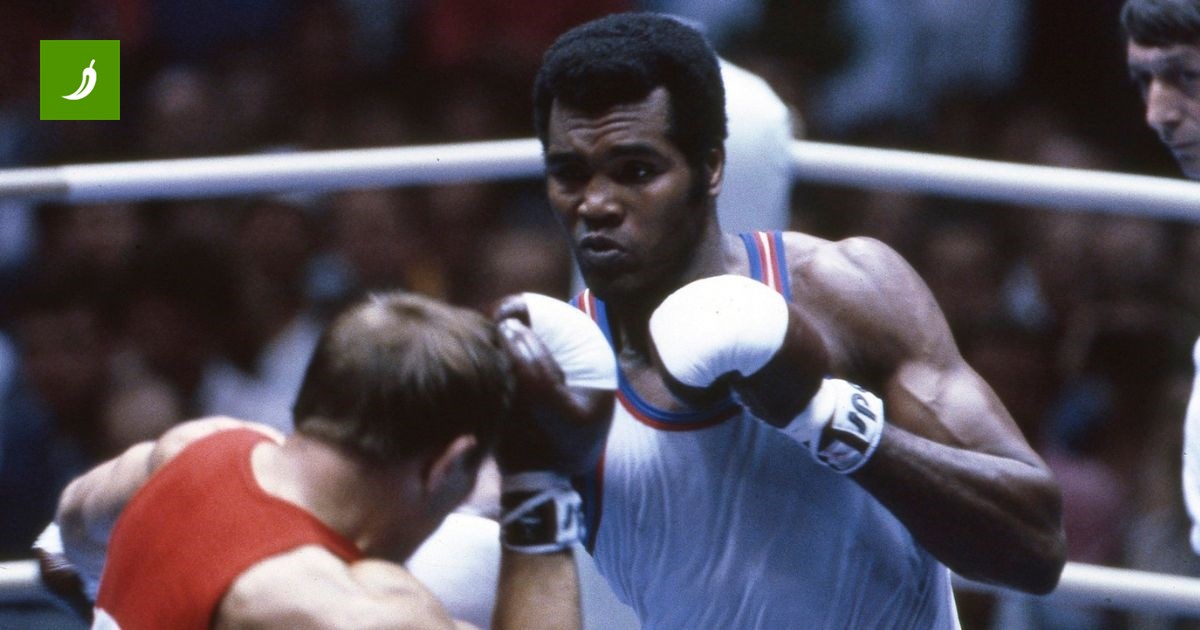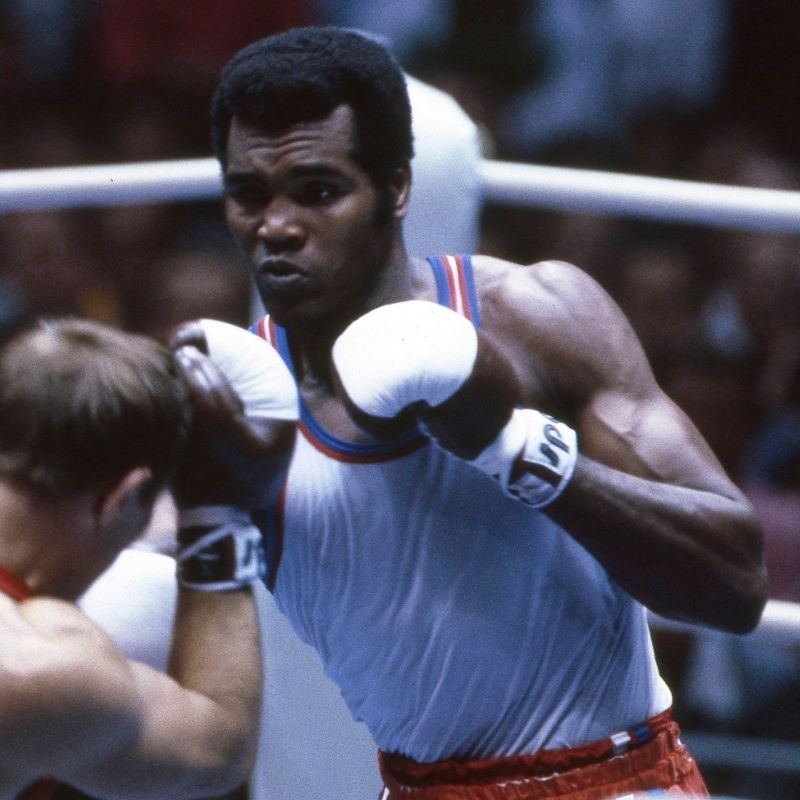Teofilo Stevenson was a Cuban boxer and one of the most successful Olympic athletes in the history of amateur boxing. He won three consecutive gold medals in the heavyweight category at the Olympic Games in 1972, 1976, and 1980. Born in Puerto Padre, he grew up in a working-class family and became a symbol of the Cuban sports system that banned professional sports, considering it a capitalist concept. Stevenson refused millions of dollars to turn professional, remaining loyal to Cuban socialist values and amateurism. His statement that a million dollars meant nothing compared to the love of eight million Cubans became a symbol of his dedication to his homeland. After retiring, he worked in the Cuban sports federation helping young athletes.
Political Perspectives:
Left: Left-leaning outlets emphasize Teofilo Stevenson’s loyalty to socialist values and the Cuban sports system that prioritizes collective pride and amateurism over capitalist professional sports. They highlight his refusal of lucrative professional contracts as a symbol of resistance to capitalist exploitation and a commitment to national pride and social equality.
Center: Centrist sources focus on Stevenson’s remarkable sports achievements and his role as a national hero in Cuba. They present a balanced view of his career, acknowledging both his sporting excellence and the political context of Cuban sports policies, without strong ideological bias.
Right: Right-leaning media may highlight the restrictions imposed by the Cuban government on professional sports and frame Stevenson’s career as a consequence of political ideology limiting individual freedom and professional opportunities. They might emphasize the lost potential earnings and international professional success he could have had if not for the socialist system.





















